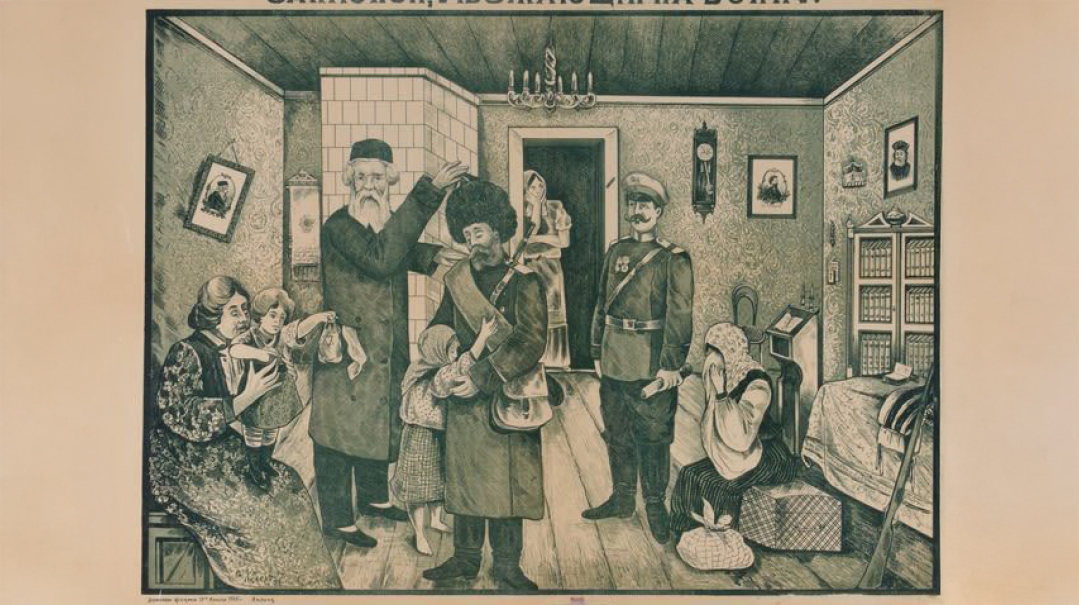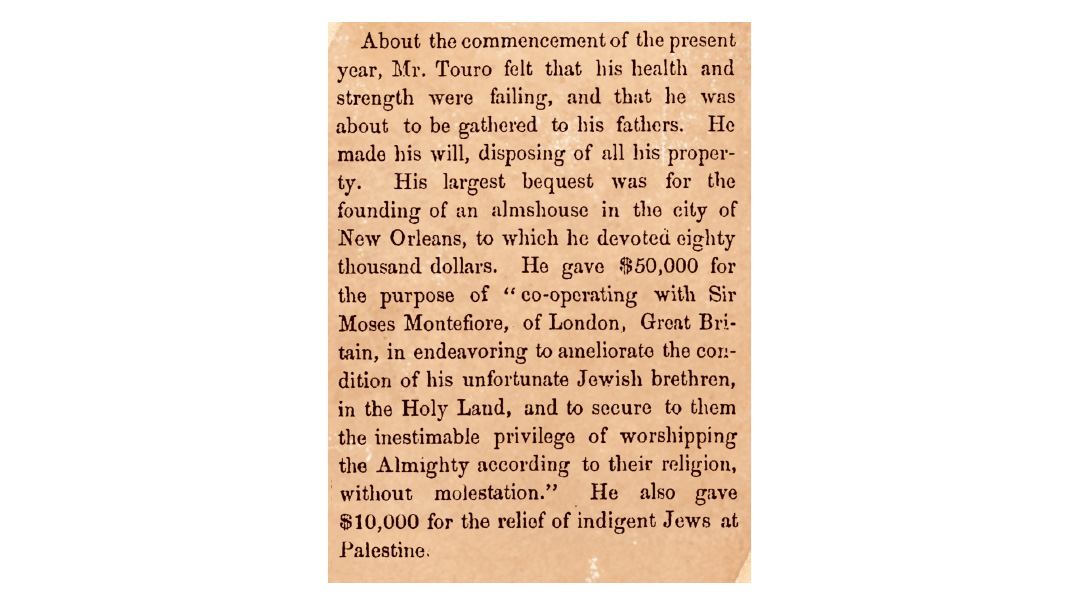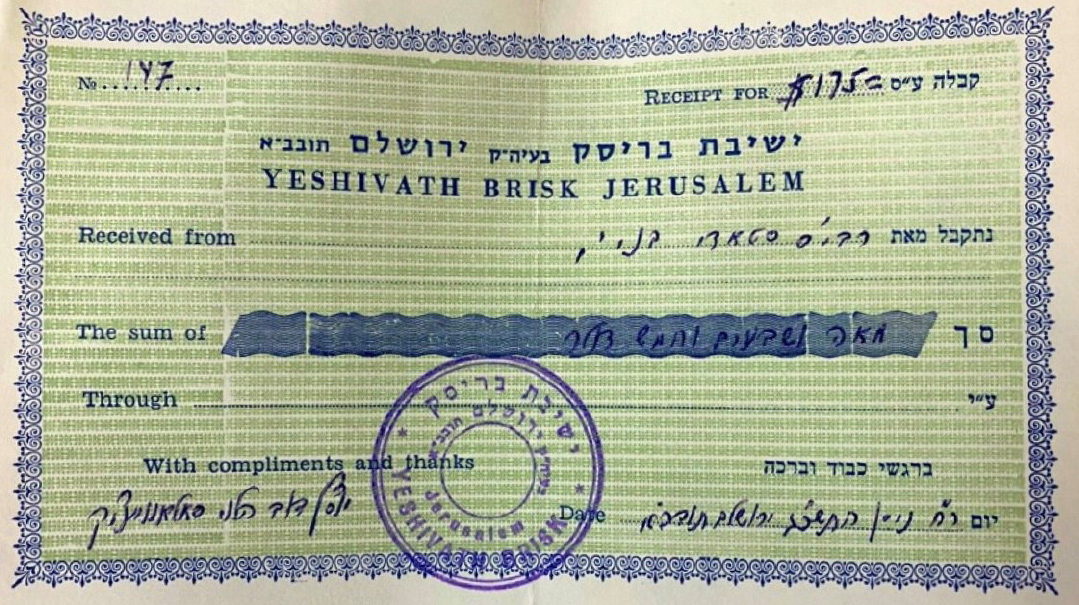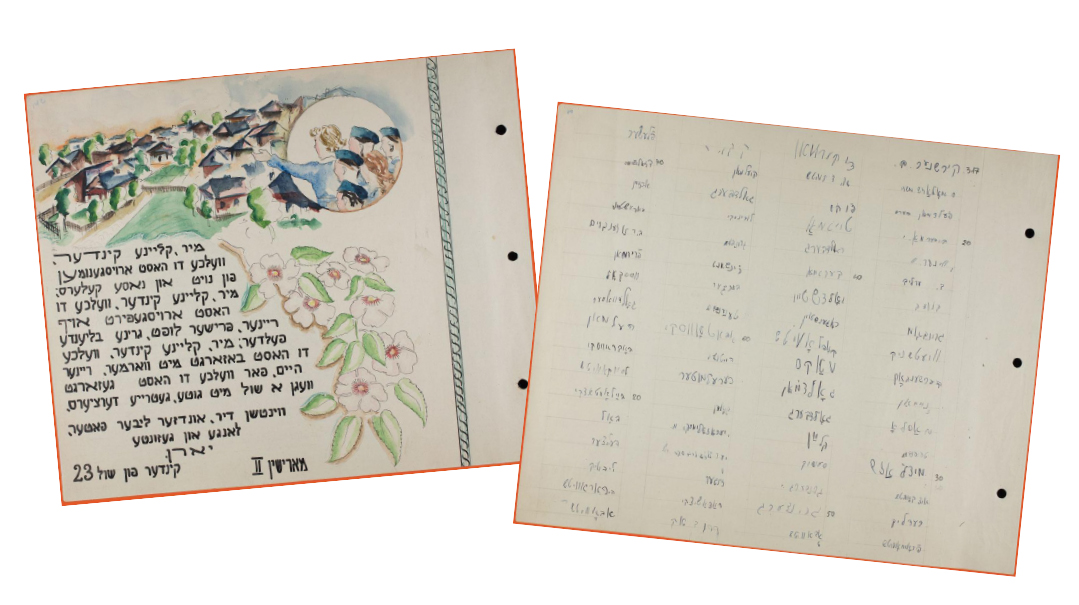Soccer vs. Shabbos
| December 28, 2021“Thousands of speeches and nationalist reproofs could not do as much as one [soccer] game to bring our youngsters back toward Jewishness”
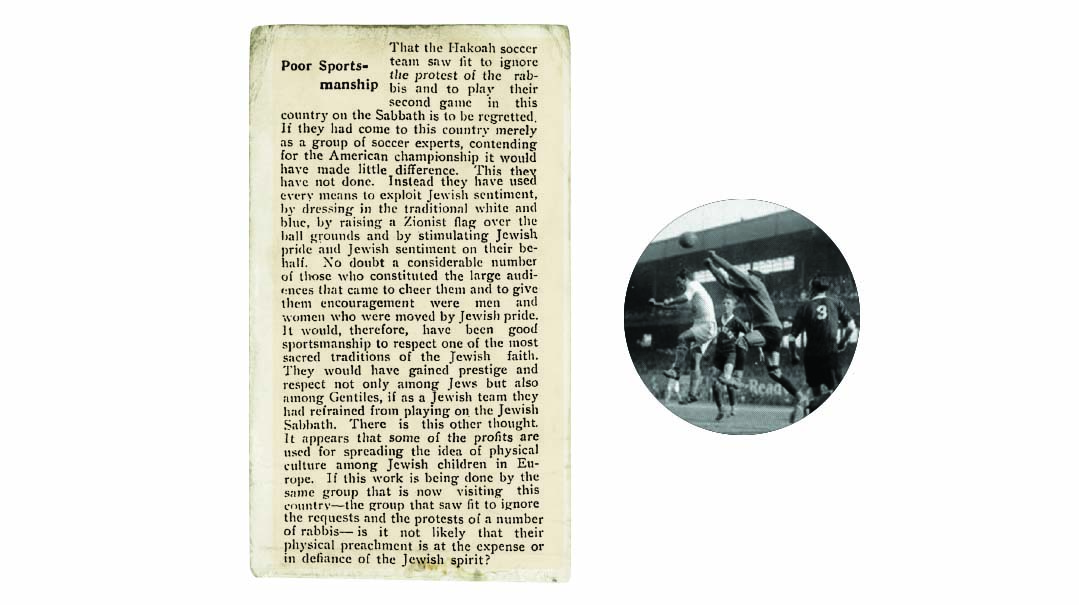
Title: Soccer vs. Shabbos
Location: New York
Document: The Jewish Exponent
Time: May 1926
Thank you to Professors Jeffrey S. Gurock and John Bunzl, whose research on this topic was utilized in the preparation of this article.
An event emblematic of American Jewry’s spiritual descent during the early 20th century was the Shabbos game of the visiting Hakoah Vienna soccer club in 1926. Hakoah’s founding in 1909 was an answer to Zionist leader Max Nordau’s call for a new “muscular Judaism” and served as a response to exclusionary, anti-Semitic policies prevalent in Austria. In addition to offering sports activities, the club trained its athletes in self-defense and formed an orchestra.
Hakoah’s soccer club garnered attention when it catapulted to Austrian soccer’s highest division in the early 1920s, and became known around the world after trouncing England’s famous West Ham United 5-0 in September 1923, just months after the London club had appeared in the new Wembley Stadium for the Football Association Cup Final. Among Hakoah’s star players was striker Alex Neufeld. Known by the nickname “Emes,” he was said to have been “as popular in Austria as Babe Ruth was in America.”
In 1926 the club was invited by the Zionist Organization of America to play a series of exhibitions in the United States. The ZOA hoped to translate passion for the team in blue and white into support for Zionism among American Jewish youth. Tens of thousands turned out for Hakoah matches in New York, Chicago, Philadelphia, Providence, and St. Louis.
The trip was marred by controversy, however. A major match was scheduled for Saturday afternoon, May 1, 1926, at New York City’s Polo Grounds, for which more than 46,000 tickets were sold. Local rabbinic groups attempted to use diplomacy to reschedule the match, to no avail. The Jewish Forum opined that Hakoah did not deserve the label “Jewish nationalists,” because it failed “in keeping with Jewish sentiment with everything kept sacred by the Jew from time immemorial.”
Several days before the game, a group called the Jewish Sabbath Alliance publicly begged Hakoah and its sponsors to change their minds. Rav Yisroel Rosenberg, the group’s leader, told the New York Times, “We will leave no stone unturned, since actions such as these tend to break down not only the religious but also the national Jewish spirit.” Rabbi Rosenberg pledged to “carry the protest to every rabbi and Jewish organization in the city.”
In a rare show of unity, Conservative and Reform leaders joined the protest, yet it fell on deaf ears. In the words of one Zionist personality, “Thousands of speeches and nationalist reproofs could not do as much as one [soccer] game to bring our youngsters back toward Jewishness.”
The match went on as planned, and much to the chagrin of the large crowd, Hakoah was shut out 3-0 by a team of American all-stars. As the tour continued, another controversy arose. Several Hakoah players were tendered contracts by American clubs, which they accepted, devastating the team's roster and its fan base as it returned to Europe bereft of its stars. Hakoah’s decline was precipitous.
Hakoah Vienna languished in the lower ranks of Austrian football, until a 1-19 season in 1937 preceded its dissolution by the Nazis the following year. Following the outbreak of the war, team captain Max Scheuer fled to France and briefly played for Olympique Marseille. While a few teammates managed to escape, Scheuer and several other former Hakoah players fell victim to the Holocaust.
Ain’t Gonna Play on Saturday
A Hakoah star named Alois Hess disagreed with the team’s decision to play on Shabbos and walked a dozen miles from the hotel to the stadium. Arriving at the venue exhausted and hardly in shape to play, he was removed from the lineup and replaced by a substitute. Hess later immigrated to Palestine, where he became the manager of Maccabi Tel Aviv and eventually the Israeli national team before his death in 1954.
Galitzianer Soccer
In Poland, the matches between the Zionist-affiliated Makkabi Krakow team and its crosstown Bund-associated rival Jutrzenka Krakow were dubbed a “holy war.” The distinction of the first exclusively Jewish sports club in Eastern Europe goes to Hasmonea Lwow. Founded in 1908, it included swimming, boxing, biking, skiing, and ping-pong, and gained renown for its soccer team. For several years it competed in Poland’s First League, and was the most popular Jewish soccer team in the country.
(Originally featured in Mishpacha, Issue 892)
Oops! We could not locate your form.

